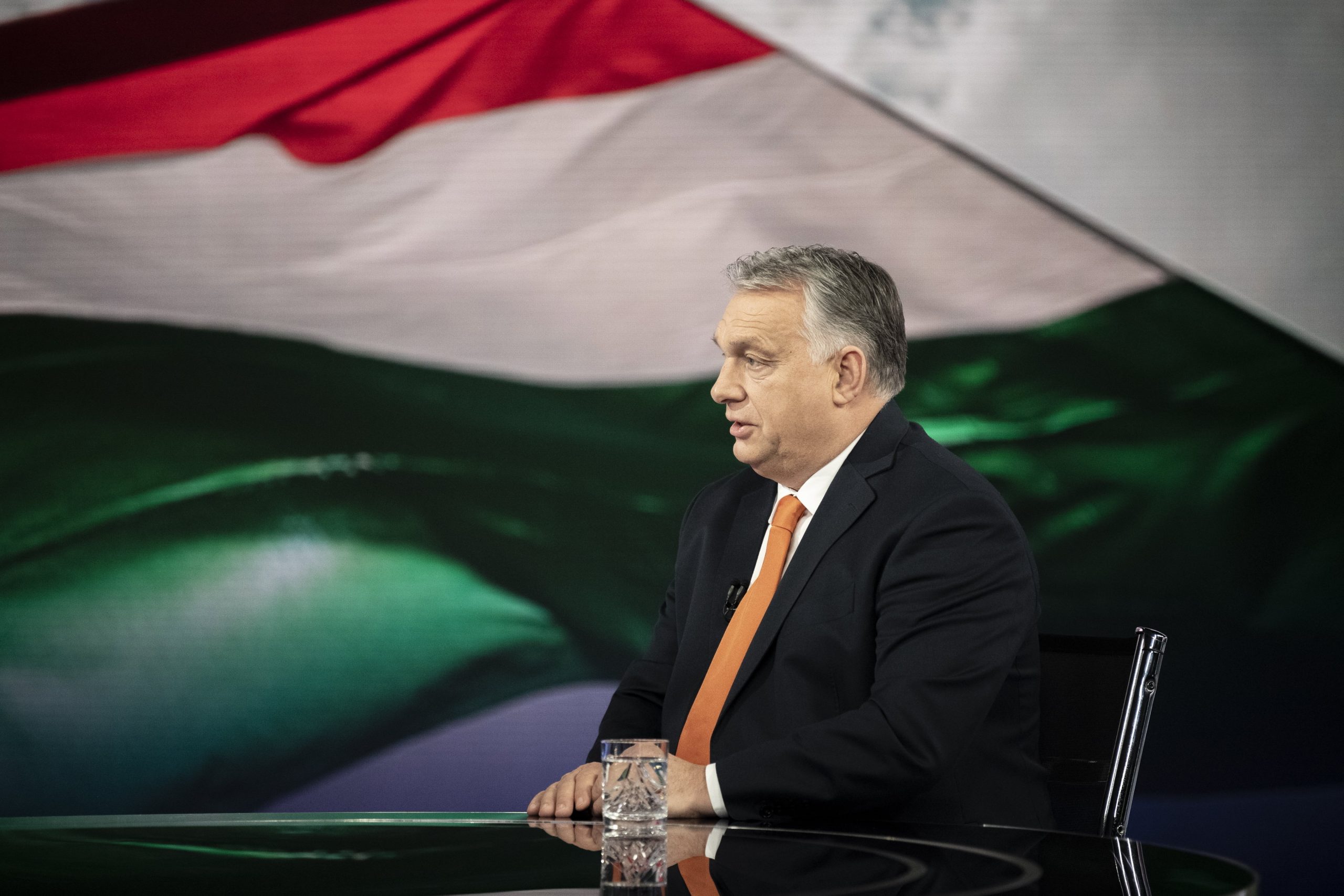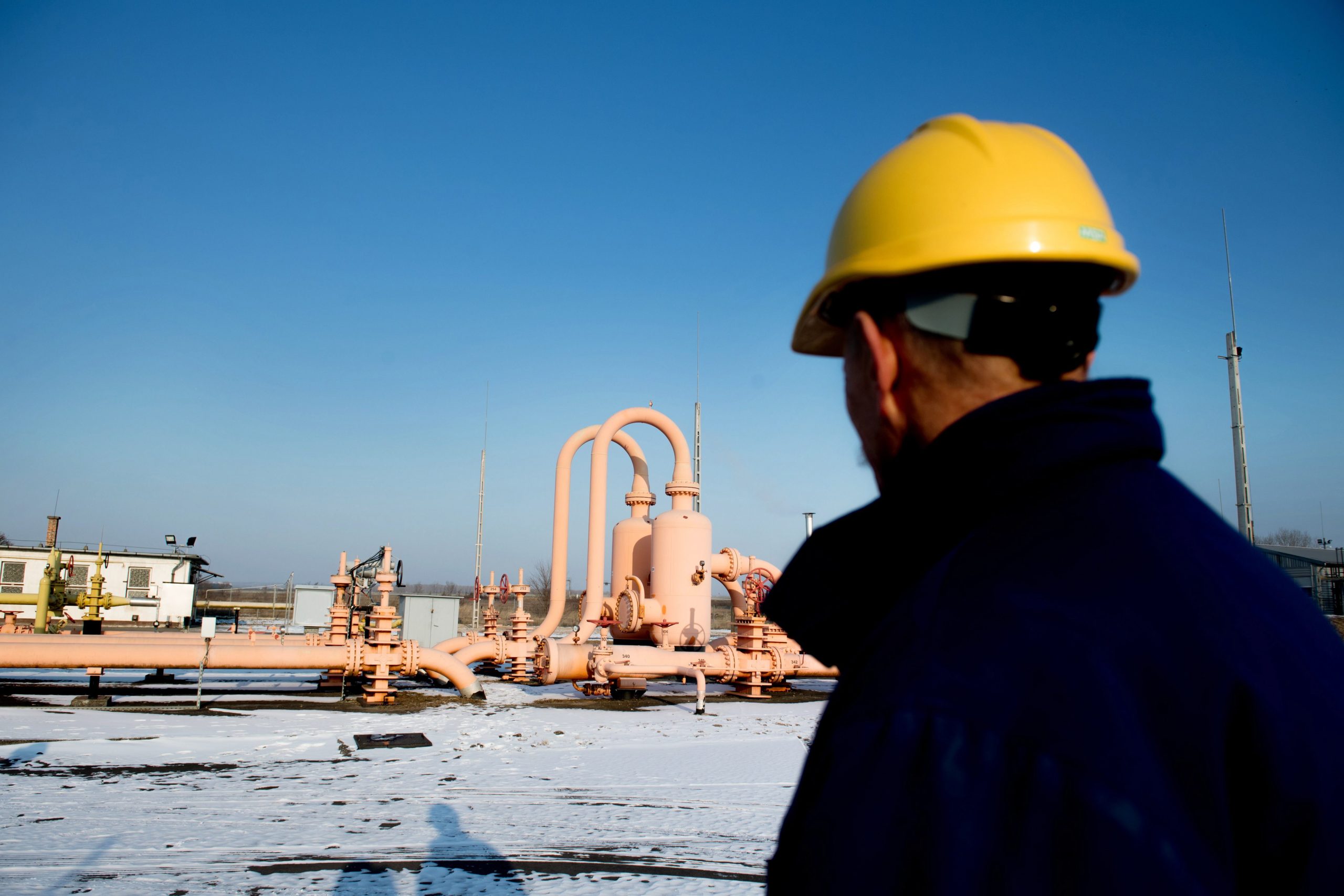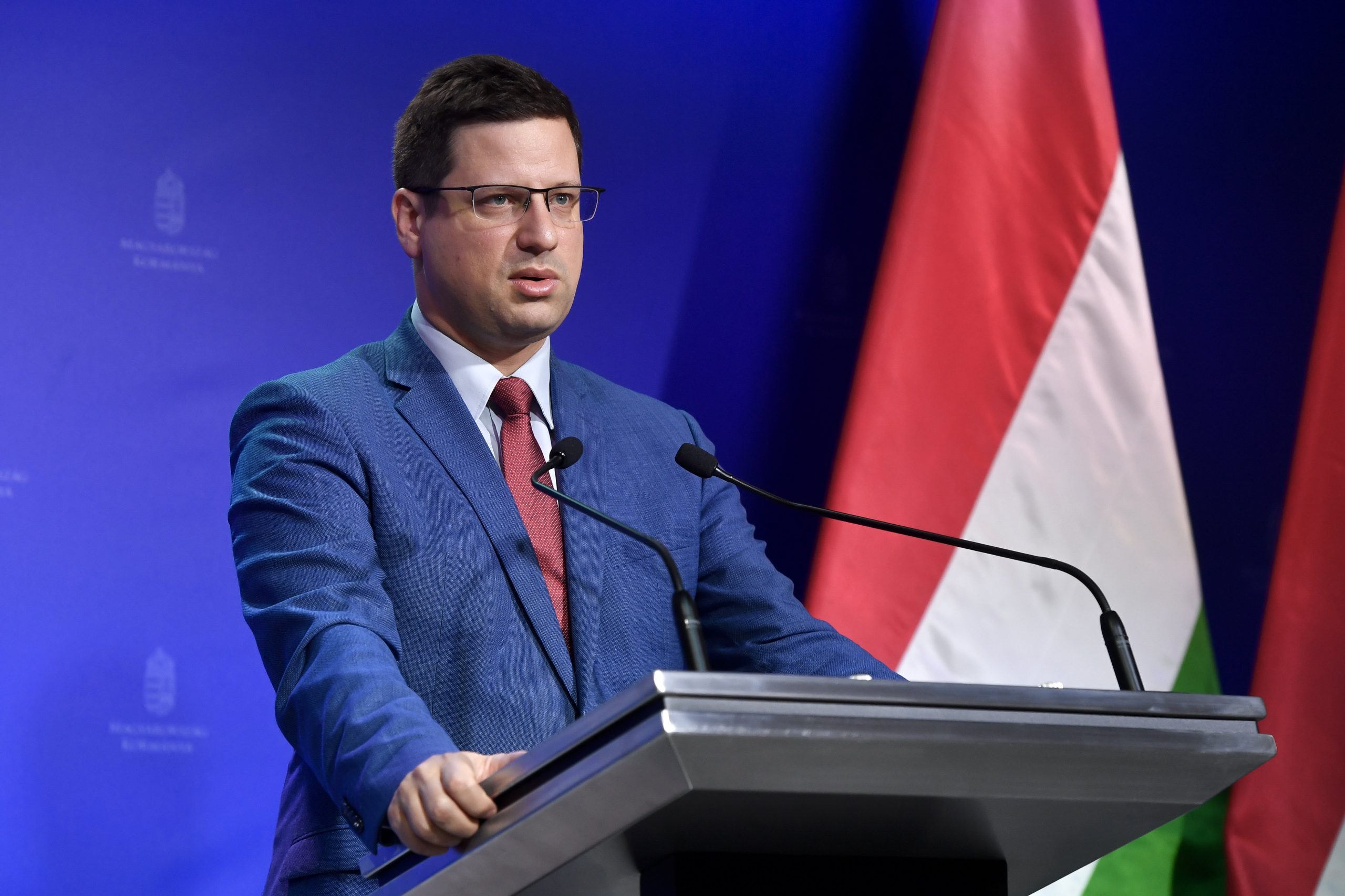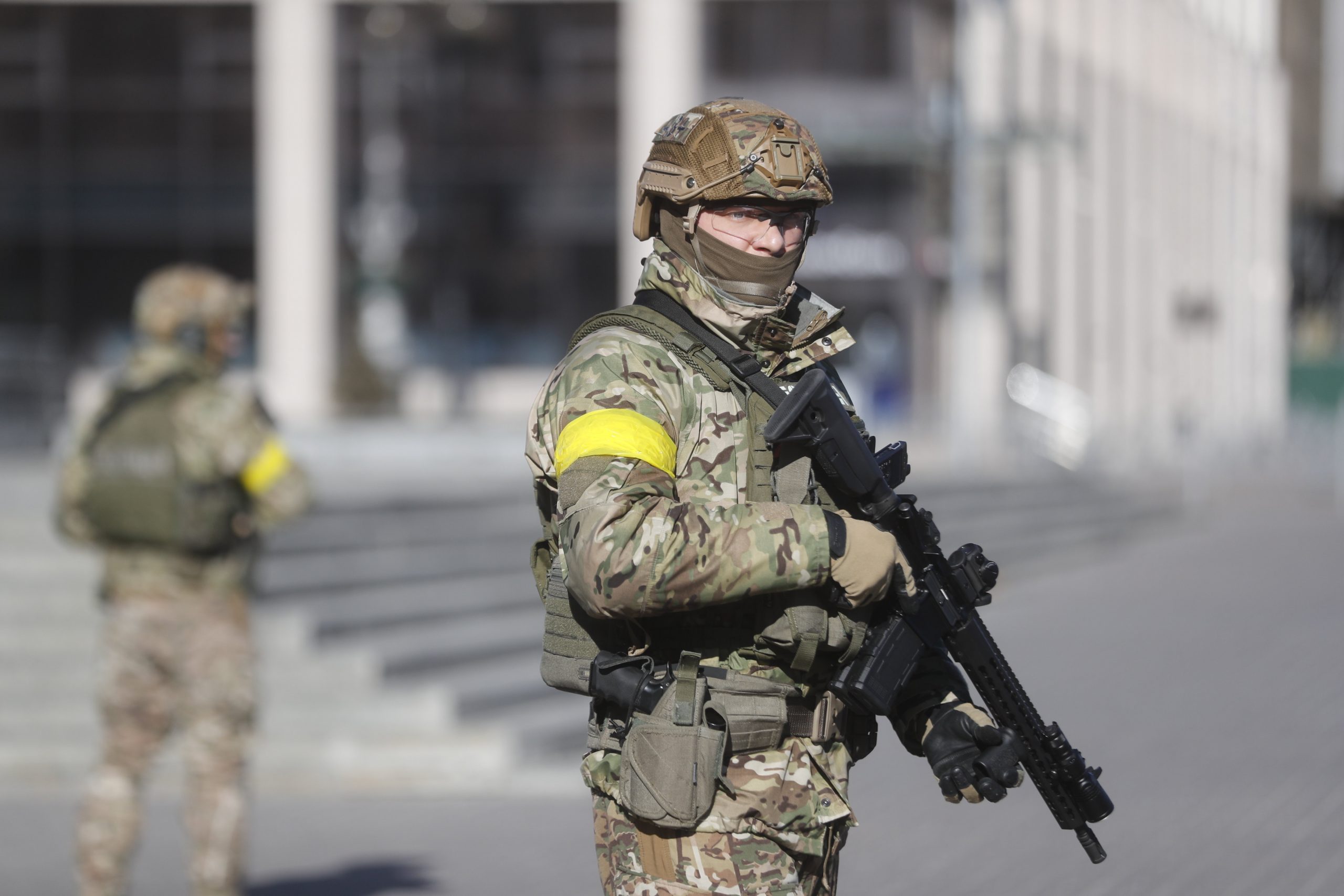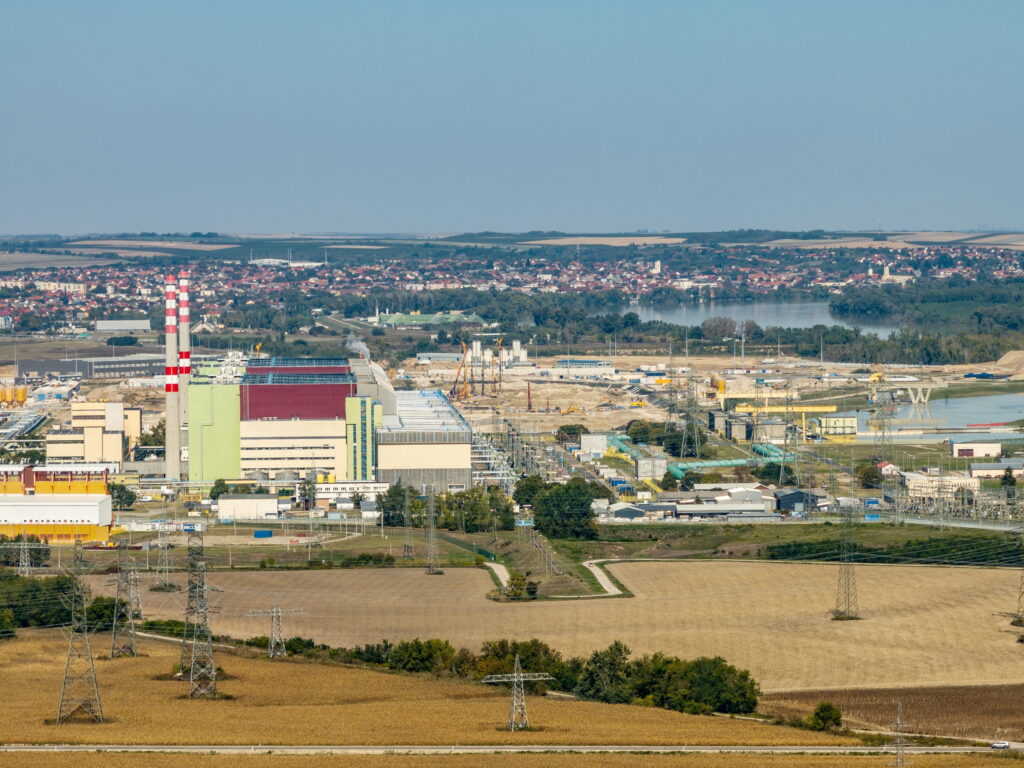Hungarians have shared their views on key questions about the war between Ukraine and Russia in two large-scale surveys. The findings of pro-government Századvég indicate that Hungarian viewpoints are most divided on who is responsible for the war, while nearly everyone agrees that Hungary should stay out of the conflict militarily, and prioritize national security. A rapid poll by Opinio found that Hungary is virtually cut in half regarding their interpretation of the conflict. While 51 percent view it as the disagreement of two nations, 49 percent see it as outright Russian aggression. A quarter of Opinio’s respondents say Ukraine should be given more support.
Századvég’s survey was intended to “map out who the Hungarian public views as responsible for the conflict, what it thinks about Hungary’s relationship with Russia, and what it thinks about Hungary’s course of action in the conflict.”
Many Hungarians Support Orbán’s Gas Supply Priorities
With regard to who is responsible for the conflict:
- 47 percent believe “both sides bare responsibility for escalation”
- 32 percent believe Russian President Vladimir Putin is responsible
- 13 percent believe Ukrainian President Volodymyr Zelensky is responsible
Regarding Prime Minister Viktor Orbán:
- 71 percent believe his goal is to ensure the supply of gas imports from Russia through peace in the region
- 25 percent say he is Putin’s puppet serving Russian interests
Regarding Hungarian relations developed with Russia over the past few years:
- 66 percent say they are advantageous for Hungary
- 25 percent view relations as detrimental for Hungary
- 9 percent are uncertain or did not answer
Regarding the Hungarian approach:
- 90 percent of respondents support the policy of non-intervention while
- 9 percent believe an active response to Russian aggression and the punishment of Putin is important right now
Finally, 91 percent of respondents agree with the statement that “Russia’s threats are not helpful, tensions should be deescalated,” 6 percent disagree, and 3 percent are uncertain or did not respond.
Many Hungarians Believe Hungary has Gotten Too Close to Russia
Opinio conducted a rapid poll on behalf of Euronews on the same subject, but with different questions. The poll found that Hungarians are divided on multiple issues, with the only question relative consensus was found in (60 percent agreement) being the view that Hungary has gotten too close to Russia over the past few years.
The opinion poll was conducted between March 1 and 2 through the organization’s smartphone application, with the involvement of 900 people, representative according to sex, age, occupation, and location.
Regarding the question of who is responsible for the conflict:
- 58 percent say Russia, as it has attacked an independent state
- 42 percent say the Western powers and Ukraine provoked the invasion, since Ukraine got too close to NATO
Regarding the correct approach Hungary should take to the conflict:
- 72 percent say Hungary should refrain from intervening in the conflict on either side
- 26 percent say Ukraine should be given more support
- 2 percent say Hungary should stand by Russia
Regarding Hungary’s decision not to allow the transport of weapons through its territory:
- 69 percent say this was the correct decision, Hungary needs to stay out of the conflict
- 31 percent say this is wrong, Hungary should not obstruct military aid to Ukraine
University-Educated Respondents’ Answers Differ from Most
Opinio also broke its responses down according to education. Aside from the total responses, the responses from people who finished elementary school, those who finished trade school, those who finished high school, and those who finished university are also included.
Generally, respondents with university diplomas were the most divergent in their responses compared to the other three categories. The most noticeable element of their responses overall is that they voice greater support for Ukraine over Russia, and are generally critical of non-intervention.
For example, the majority of university-educated respondents say Ukraine should be given more support and that weapon shipments to Ukraine should not be obstructed. On the other hand, majorities in all three other categories support a policy of non-intervention and the disallowing of weapon shipments through Hungarian territory.
Taking both opinion polls into consideration, a broad conclusion can be drawn that the majority of Hungarians generally support a policy of non-intervention, but have a divergence on opinions regarding Hungary’s relationship with Russia and the question of who is responsible for the war. Other than Századvég’s policy of non-intervention question, there were significant amounts of responses opposing the majority on every subject.
Featured photo illustration by MTI/AP/Efrem Lukatsky
